
Brain Awareness Week 2023 Resources
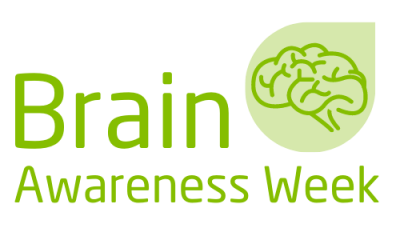
Understanding Brain Health & Dementia Risk
Learn about brain disorders
Patient support & other resources
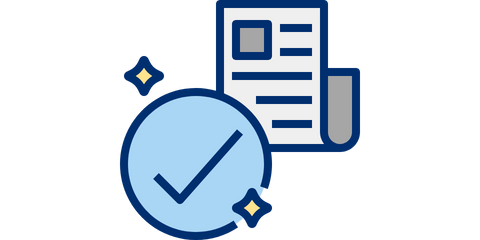
Fact sheets
Find downloadable PDF fact sheets about different brain diseases, disorders and injuries.
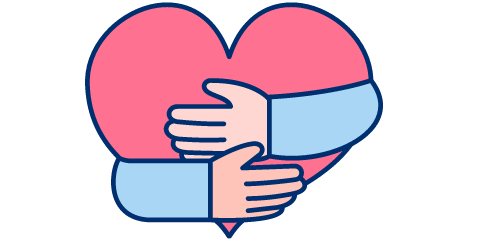
Patient Resources Directory 2023
Access our patient resources directory, which includes some fantastic Australian organisations that exist to support the patient community.
Meet the experts
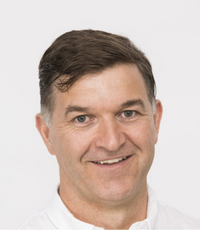 A/Prof Greg Sutherland, University of Sydney
A/Prof Greg Sutherland, University of Sydney
Dr Sutherland is the director of the NSW Brain Tissue Research Centre and an Associate Professor of Pathology at The University of Sydney. He also leads the ‘Brain and Body’ research node at the Charles Perkins Centre, which aims to understand the bidirectional relationships between the brain and systemic chronic disorders (i.e. obesity, diabetes). His research interests include neuropathology, transcriptomics and genetic epidemiology of neurodegenerative diseases including Alzheimer’s disease (AD) and alcohol-related brain damage. Dr Sutherland spoke to us in 2021 about brain banking in Australia and discussed the future of our neurological research landscape. You can read this article via the link below.
Researcher profile | Everything you need to know about brain banking [interview/article]
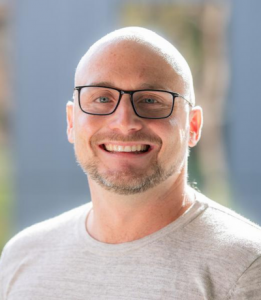 Dr Daniel Beard, University of Newcastle
Dr Daniel Beard, University of Newcastle
Daniel is a lecturer in the School of Biomedical Sciences and Pharmacy at the University of Newcastle. He completed his PhD in 2015 in the Translational Stroke Laboratory of Professor Neil Spratt. His PhD thesis investigated the mechanisms regulating collateral blood flow after stroke, and his findings led to a new hypothesis about the causes of vessel failure and neurological deterioration in certain stroke patients. Since then he has been awarded fellowships and grant funding at the University of Oxford and the Charité Universitätsmedizin in Berlin. Daniel is continuing his work with a project investigating nanoparticle technologies that could make stroke treatment safer and more effective. He received a Brain Foundation research grant for this project, which will be completed in collaboration with Harvard University.
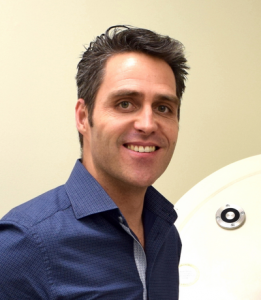 Dr Frederik Steyn, University of Queensland
Dr Frederik Steyn, University of Queensland
Frederik is a Senior Lecturer in the School of Biomedical Sciences at the University of Queensland. He started his career as a Biomedical Researcher conducting studies that define hypothalamic integration of energy homeostasis, growth and reproduction. He has since developed transformative new methodologies in both biomedical sciences and neurodegenerative disease. Frederik currently oversees a research program that aims to increase our understanding of the physiological response to disease, specifically neurodegenerative diseases. He received a Brain Foundation research grant last year for research into hypothalamic function in amyotrophic lateral sclerosis (ALS) patients. This is a world first for ALS research and for research in general, and results will provide key insights into how best we can support people living with ALS.
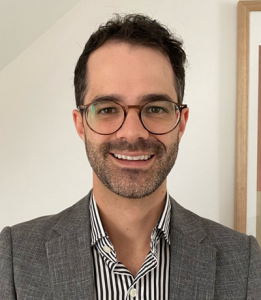 Dr Joel Maamary, St Vincent’s Public Hospital
Dr Joel Maamary, St Vincent’s Public Hospital
Joel is a Neurologist, Movement Disorders Fellow and PhD Candidate at St Vincent’s Hospital in Sydney. He has a Bachelor of Medicine/Bachelor of Surgery (Hons 1, University Medal) from the University of Notre Dame and a Bachelor of Applied Science (Physiotherapy) (Hons 1) from the University of Sydney. He received a Brain Foundation research grant in 2022 for dystonia research. He is investigating a potential new treatment for focal hand dystonia, which currently has limited treatment options. MRI guided focused ultrasound is a minimally invasive neurosurgical treatment method which could help people with focal hand dystonia regain their upper limb strength, coordination and function.
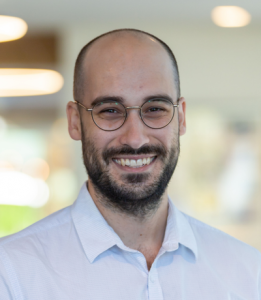 Dr Jamie Beros, University of Western Australia
Dr Jamie Beros, University of Western Australia
Jamie is a Postdoctoral Research Fellow at the University of Western Australia. He was awarded his PhD in 2020 for his thesis investigating the mechanisms underlying developmental retinal ganglion cell death in pre-clinical models. Jamie is currently working in a brain plasticity research group led by A/Prof Jennifer Rodger. He received a Brain Foundation research grant last year for research into traumatic brain injury (TBI). His team will be testing the efficacy of light stimulation therapy after TBI to see if this intervention can promote the survival of damaged brain cells, prevent the spread of injury and improve brain function and repair.
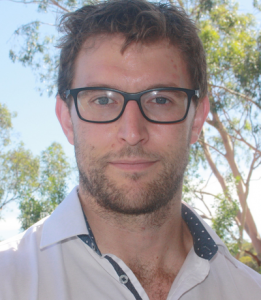 Dr George Opie, University of Adelaide
Dr George Opie, University of Adelaide
George is a research fellow located within the neurophysiology of human movement laboratory at The University of Adelaide. His research utilises non-invasive brain stimulation and imaging techniques to mechanistically understand the brain, with particular emphasis on motor function. He has authored or co-authored 41 journal articles, including articles in prominent publications such as The Journal of Physiology and Brain Stimulation. Currently, his main research interests revolve around mild forms of traumatic brain injury (mTBI) with specific focus on identifying how these injuries influence the brain. George received a Brain Foundation research grant for his upcoming research into how the brain’s electrical activity is altered by mTBI, which will inform our understanding of the side effects people experience after brain injury.
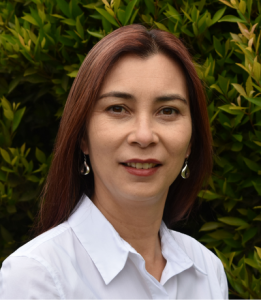 A/Prof Rebecca Lim, University of Newcastle
A/Prof Rebecca Lim, University of Newcastle
Rebecca is an Associate Professor and chief investigator at the University of Newcastle who specialises in sensory system function. In particular, Rebecca’s work focuses on understanding how cells of the inner ear responsible for balance, also known as the peripheral vestibular system, function normally and what happens to them in disease states including Diabetes, Meniere’s Disease, and Vestibular Schwannoma. Her aim is to produce treatments and prosthetic devices to replace damaged and diseased cells to restore balance, hearing, and vision. She received a Brain Foundation research grant to investigate a type of brain tumour called an acoustic neuroma. Her team is developing the first targeted therapy for the treatment of acoustic neuroma which affects both hearing and balance.
About the Brain Foundation
The Brain Foundation is a registered charity established in 1970 by neurologists and neurosurgeons. We are dedicated to funding the highest quality Australian research into neurological disorders, diseases, and injuries, with the ultimate goal of advancing diagnoses, treatments, and patient outcomes.
Our work involves:
- Our annual grants program. Read more about our funding process here.
- Raising awareness about the prevalence and impact of brain disorders, diseases & injuries.
- Educating patients & clinicians through webinar events and medically reviewed articles.
- Community support & advocacy (for migraine and headache particularly).
- Keeping our supporters up to date on the latest medical news through our newsletters & social media.
Our research grants receive no government funding, relying on the generosity of individuals, corporate donors and bequests. Your support will make a difference – now and for generations to come.
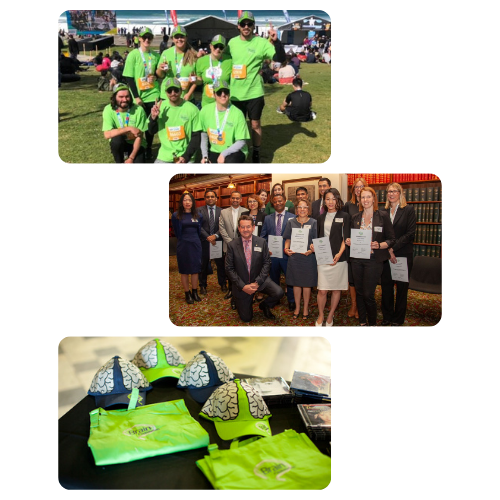
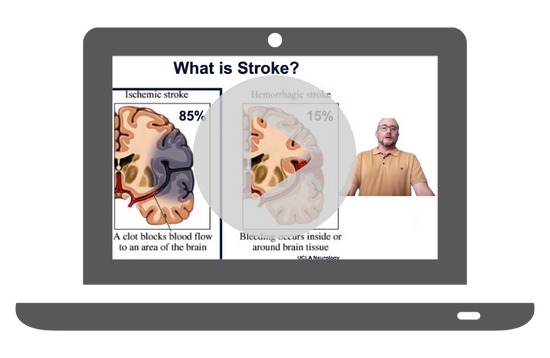
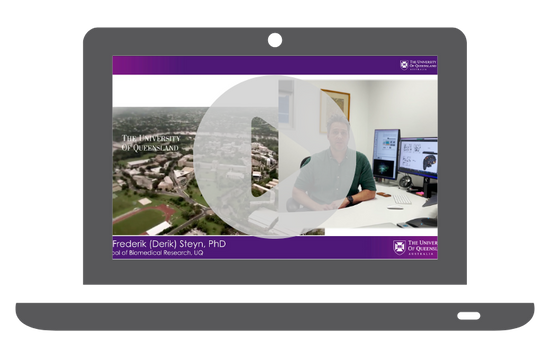
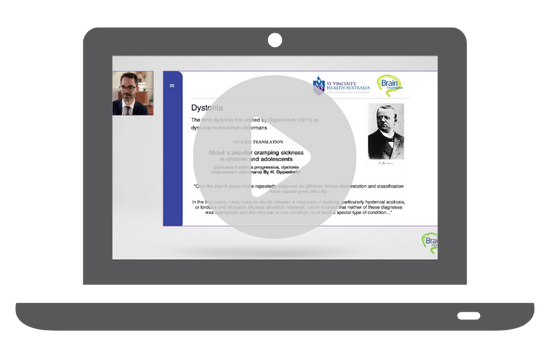
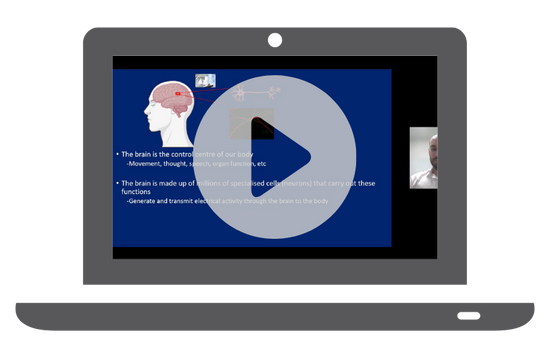
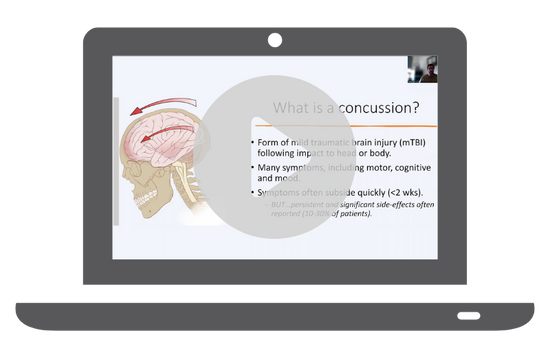
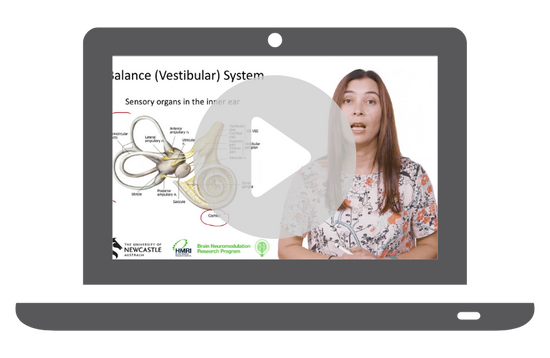

 The Brain Foundation is the largest, independent funder of brain and spinal injury research in Australia. We believe research is the pathway to recovery.
The Brain Foundation is the largest, independent funder of brain and spinal injury research in Australia. We believe research is the pathway to recovery.